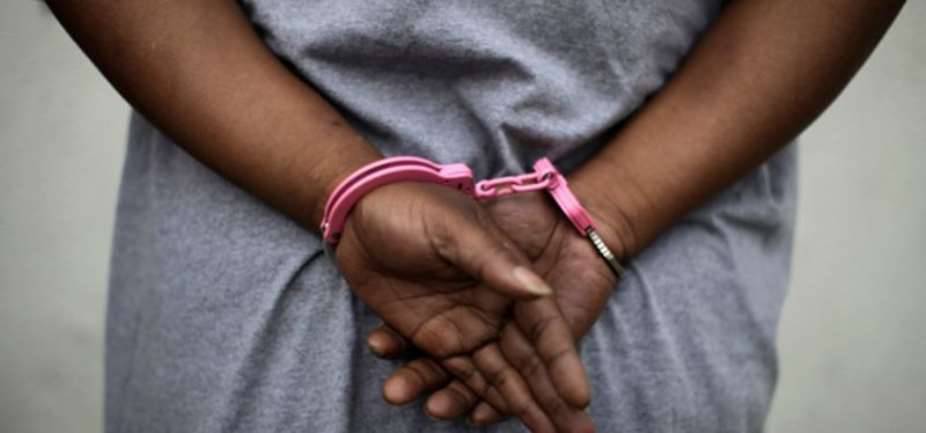A Desperate Act in Kasoa
I was scrolling through the news on my phone this morning, half-distracted by the hum of my kettle, when a headline from Kasoa stopped me cold: a 24-year-old woman arrested for allegedly trying to sell her own toddler for 150,000 Ghana cedis. My heart sank, heavy with that mix of shock and sadness that hits when you read something so raw, so unthinkable. How does a mother get to that point, you know? Where selling her child feels like the only way out? Ever come across a story that makes you pause and wonder what’s really going on behind the headlines?
There’s this ache in the story that’s hard to shake. The woman, unemployed, a single mom, was caught after someone tipped off the police. They set up a sting at a local hotel—her with her three-year-old son, ready to hand him over for cash. I can’t stop picturing it: her sitting there, maybe trembling, maybe numb, with her little boy clinging to her side, unaware of what’s happening. It’s gut-wrenching. My friend Ama, who works with a women’s shelter in Accra, says she’s seen this kind of desperation before—mothers with no money, no support, pushed to the edge by a system that doesn’t always catch them when they fall.
Kasoa’s a tough place sometimes. It’s bustling, chaotic, a town where dreams and struggles collide. I remember visiting a market there once, weaving through stalls piled high with yams and secondhand clothes, hearing vendors barter while kids darted around, laughing. Life feels vibrant, but beneath it, there’s hardship. Poverty rates in parts of Ghana hover around 25%, and for single moms like this woman, it’s not just a statistic—it’s daily survival. No job, no safety net, just you and a kid you’re trying to feed. I think about my neighbor, a single dad, who juggles two jobs to keep his daughter in school. “You do what you have to,†he told me once, exhaustion in his eyes.
But this? Selling your child? It’s the kind of choice that feels like a scream for help. The police say she confessed, said she was in debt, drowning, thought the money would give her a way out. I wonder what her nights were like before that moment—lying awake, staring at the ceiling, wondering how to buy milk or pay rent. You ever feel that kind of pressure, where every option feels like a trap? The reports don’t say much about her backstory, but I can’t help but imagine a life where hope ran dry. The boy’s safe now, with social services, but what happens next? For him, for her?
There’s no easy answer here. The community’s in an uproar—some calling her a monster, others whispering about the system that failed her. I saw a post on X where someone said, “If we had better support for mothers, this wouldn’t happen.†And yeah, there’s truth there. Ghana’s got programs—LEAP, free maternal healthcare—but they don’t always reach everyone. My cousin, who’s a social worker, says the gaps are wide: not enough shelters, not enough jobs, not enough people listening until it’s too late.
So, I’m left sitting here, my coffee long gone cold, thinking about this woman and her son. Maybe she’s a cautionary tale, or maybe she’s a mirror, showing us what happens when desperation outruns hope. I don’t know her, but I feel for her—and for that little boy, who deserves better. What do you do when you read a story like this? Do you judge, or do you wonder what you’d do in her shoes?




No comments yet
Be the first to share your thoughts!